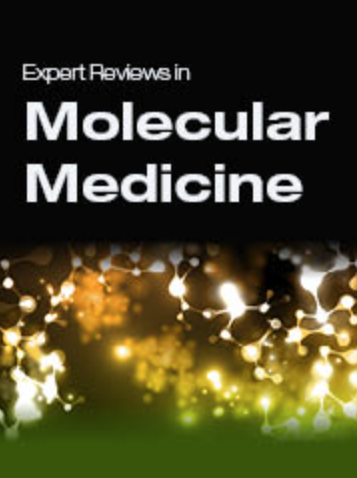头颈部癌症细胞对低和高LET辐射反应的细胞死亡机制
IF 4.5
2区 医学
Q1 BIOCHEMISTRY & MOLECULAR BIOLOGY
引用次数: 5
摘要
头颈部鳞状细胞癌(HNSCC)是一种常见的恶性肿瘤,发生在喉咙、喉部、鼻子、鼻窦和口腔内或周围,主要采用化疗和放疗(RT)联合治疗。放疗的主要目标是杀死足够多的癌细胞群,同时保留周围正常和健康的组织。几十年来,人们对传统光子RT实现这一目标的机制进行了广泛的研究,但对增加线性能量转移(LET)的RT(包括质子束治疗和重离子)激活的细胞死亡途径知之甚少。在这里,我们提供了最新的回顾,观察到低与高let RT在HNSCC细胞模型中的放射生物学效应,特别是在特定细胞死亡机制的背景下,包括凋亡,坏死,自噬,衰老和有丝分裂死亡。我们还详细介绍了目前针对细胞死亡途径的一些治疗策略,这些策略已被研究以增强HNSCC细胞对放疗的放射敏感性,包括那些可能为最终患者带来临床机会的策略。本文章由计算机程序翻译,如有差异,请以英文原文为准。
Cell death mechanisms in head and neck cancer cells in response to low and high-LET radiation
Head and neck squamous cell carcinoma (HNSCC) is a common malignancy that develops in or around the throat, larynx, nose, sinuses and mouth, and is mostly treated with a combination of chemo- and radiotherapy (RT). The main goal of RT is to kill enough of the cancer cell population, whilst preserving the surrounding normal and healthy tissue. The mechanisms by which conventional photon RT achieves this have been extensively studied over several decades, but little is known about the cell death pathways that are activated in response to RT of increasing linear energy transfer (LET), including proton beam therapy and heavy ions. Here, we provide an up-to-date review on the observed radiobiological effects of low- versus high-LET RT in HNSCC cell models, particularly in the context of specific cell death mechanisms, including apoptosis, necrosis, autophagy, senescence and mitotic death. We also detail some of the current therapeutic strategies targeting cell death pathways that have been investigated to enhance the radiosensitivity of HNSCC cells in response to RT, including those that may present with clinical opportunities for eventual patient benefit.
求助全文
通过发布文献求助,成功后即可免费获取论文全文。
去求助
来源期刊

Expert Reviews in Molecular Medicine
BIOCHEMISTRY & MOLECULAR BIOLOGY-MEDICINE, RESEARCH & EXPERIMENTAL
CiteScore
7.40
自引率
1.60%
发文量
45
期刊介绍:
Expert Reviews in Molecular Medicine is an innovative online journal featuring authoritative and timely Reviews covering gene therapy, immunotherapeutics, drug design, vaccines, genetic testing, pathogenesis, microbiology, genomics, molecular epidemiology and diagnostic techniques. We especially welcome reviews on translational aspects of molecular medicine, particularly those related to the application of new understanding of the molecular basis of disease to experimental medicine and clinical practice.
 求助内容:
求助内容: 应助结果提醒方式:
应助结果提醒方式:


